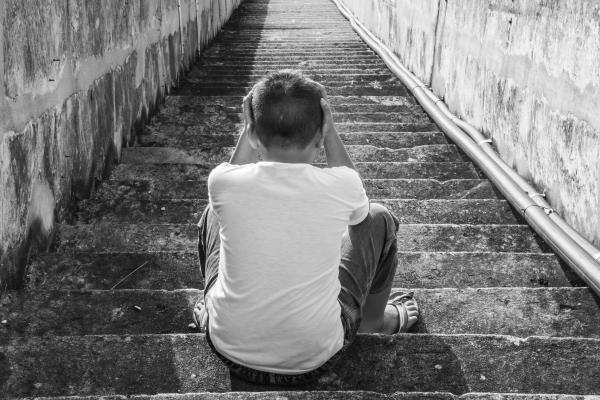Jun 23, 2016
Why is it so difficult for people of faith, who manage to structure their community and life around the belief of an unseen God, to not able to believe the very visible, tangible words and cries of their flesh-and-blood neighbors? Who forget that the very image of God is imprinted into these bodies?
O you of little faith, why don’t you believe?
Read the Full Article

Already a subscriber? Login
